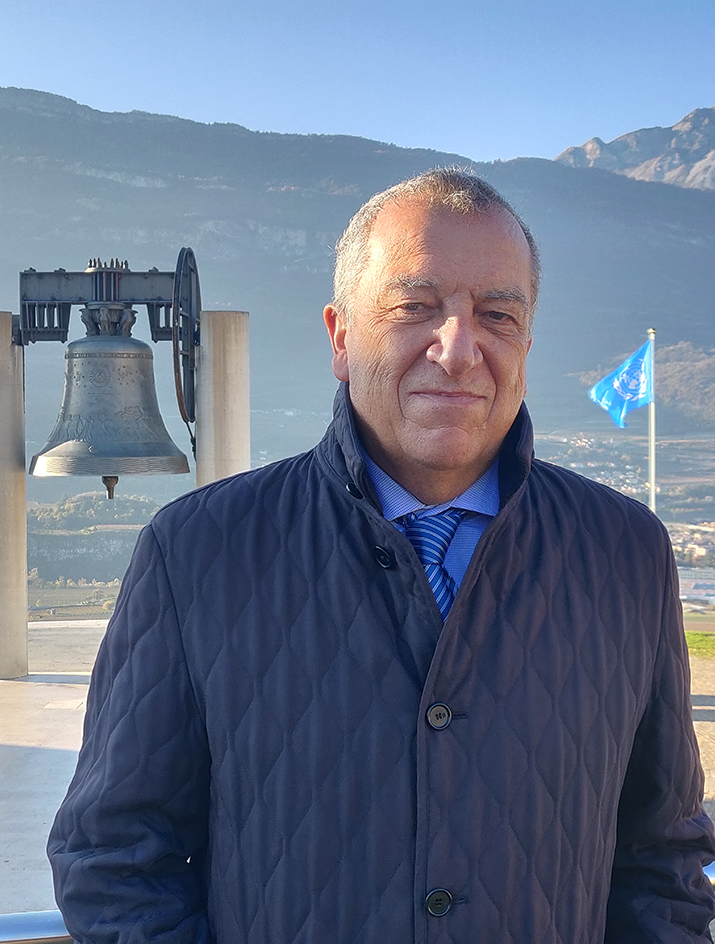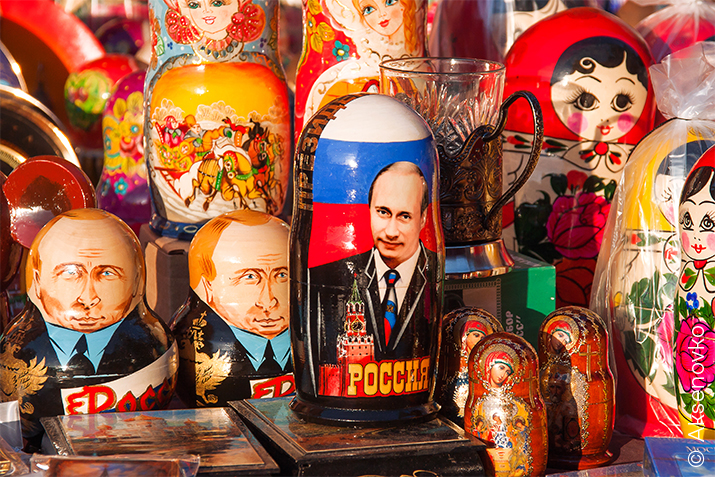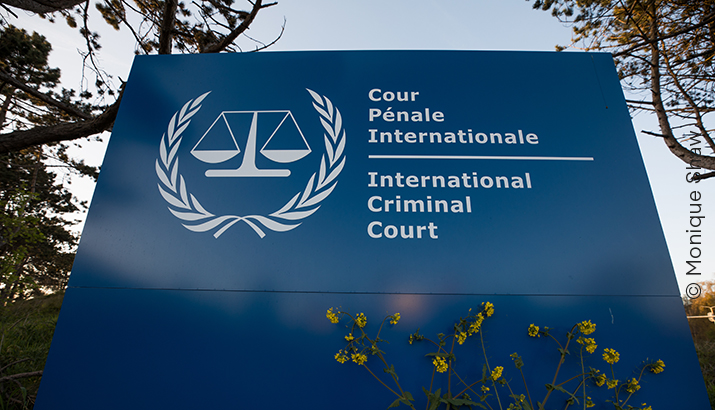After the in-depth examination of the Russian/Ukrainian conflict from the previous editorial, it was my intention to dedicate this month's reflection to a different geographical area.
Breaking news of extraordinary importance leads me to desist from this intention and that is the arrest warrant issued on 17 March by the International Criminal Court (ICC) in The Hague against the Russian president Putin for war crimes, that is to say, «for having deported children and Ukrainian teenagers in Russia». At the same time, similar proceedings were established for the Commissioner for children's rights, Maria Lvova-Belova, directly responsible for the forced transfers of young Ukrainians (many of them war orphans or refugees from Donbass) from their places of residence in order to "welcome” them in public welfare centres or Russian families.
Bearing in mind the obvious difficulty of quantifying a phenomenon of such odious gravity with precision, reliable indications place the number of deportations at well over 10,000 cases.
The arrest warrant, a result of investigations that essentially began the day after the invasion of Moscow troops and in collaboration with the Ukrainian Courts, was signed by three judges of the ICC, including the Italian Rosario Aitala.
Following these measures, President Putin and his close collaborator are now liable to immediate arrest should they enter one of the 123 signatory states of the Statute which was adopted at the Rome Convention in 1998 and came into force 4 years later.
If we recognize that such a hypothesis is implausible (since the Head of the Kremlin is notoriously immune from any sense of guilt and, consequently, has no intention of handing himself over to the judges), the angry reactions from Moscow (with the "hawk", vice-president Medvedev, as the usual crude spokesman) regarding the arrest warrant as "scrap paper" would appear to be unfounded.
Of course, the Federation is part of a contingent of countries (to which, incidentally, also the United States belong, due to the very strong pressure exerted by the Pentagon) which, since they neither signed nor subsequently complied with the Statute, can at least in theory, claim not to be bound by its terms. At the same time, it appears evident, beyond any reasonable doubt, that the indictment, as well as the relative penalizing restrictions of movement, inflict a severe blow on the international "status" of one of the most important world leaders, equating him to a more modest rank, of figures who have in the past been recipients of similar measures (the former Sudanese dictator Omar al-Bashir, the former Libyan leader Muammar Gaddafi and the former Serbian president Slobodan Milosevic). Moreover, upon more thoughtful reflection, it is clear how the stigma of the Court goes far beyond the single person affected, be that a leader, but also involves the political credibility of an entire ruling class which, on a national level, continues to firmly recognize its leadership despite the obvious criminal traits.
It then happened that the 40th meeting between the current Russian and Chinese presidents took place in Moscow, practically the day after Putin was indicted. Officially, Xi Jinping's visit obviously did not stray off the beaten path. Renewed public declarations of indissoluble partnership, signing of bilateral agreements and deals (according to the arrangement: hydrocarbons in exchange for advanced technology of various kinds), shared development of a large Eurasian space, in the name of a renewed multipolarity and as an anti-Atlantic and anti- western strategy. In the full-course "menu" the guest cannot miss the reiteration of that "benevolent neutrality" which can also be found in the proposal for a Chinese 12-point Peace Plan, rejected internationally for its characteristics of vagueness and even contradiction (at the same time it must be acknowledged that no trace of an alternative plan, even in the presence of a large number of multilateral bodies, exists after more than a year of conflict).
That said, beyond the official defences and the vaunted assurances of "close friendship", it certainly does not seem difficult to recognize that this specific visit to Moscow by Xi Jinping has essentially inaugurated a new model of Russian/Chinese relationship. A relationship no longer characterised by a substantial balance of forces and interests, but from now on marked by an increasingly pronounced political/military, geo-strategic and economic-financial dependence of Moscow on Beijing. The consequences of an imposed detachment from a parity agreement, despite the Russian efforts to keep them under wraps, at least initially, will however manifest, consistently, in the longer term.
To conclude, let us try to recall the objective international situation enjoyed by Russia in February 2022, on the eve of the atrocious aggression. Almost unanimous belief that the mobilization by Moscow along its borders responded only to the necessity to train troops, without any aggressive intention; statements by various Western politicians (including Macron and Scholz) regarding the need for NATO to renounce new memberships; expressed US eagerness to avoid any form of involvement in Eastern Europe with a related willingness to make concessions; broad recognition of the need for Russian energy supplies from the West, with flows to be guaranteed also with regard to the future.
In short, a "war" already won in advance by Moscow without the need to fire a single shot or lose a single soldier, has been transformed for Vladimir Putin, due to a perverse combination of impossible neo-imperial demands and very serious underestimation of the reactions of the country under attack and its allies, in a sort of dead end, in an increasingly impervious obstacle course and increasingly devoid of exits.
In light of this, the well-known adage of one of our former Prime Ministers according to which «power wears out those who don't exercise it» should at least be amended with the phrase «...unless it makes those who hold it lose their mind». The new "Tsar" will likely remain the most apt example of this for as long as he lives.
Reggente Marco Marsilli, Foundation President









